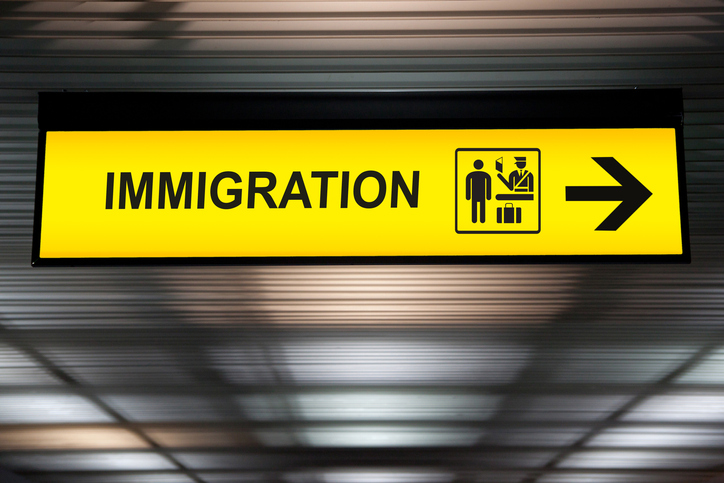A large number of Black immigrants come to the United States through diversity visas, which are issued to nations underrepresented in the United States. The Diversity Visa program was created in 1990 by a bipartisan agreement to encourage immigrants from underrepresented countries.
It provides an opportunity for a limited number of immigrants from countries with historically low immigration rates to come to the United States. Current immigration policies favor people who have close relationships with family or employers, which led to the creation of diversity immigration visas as a way to stimulate immigration from parts of the world that are under-represented in the U.S. As a result, Mexico, India, China, and other countries sending large numbers of immigrants to the United States have no eligibility.
People from countries eligible for the diversity visa enter what is commonly called the diversity lottery.
The yearly number of immigration visas “green cards” offered through the program is capped at 55,000, with 5,000 of those going to beneficiaries of the Nicaraguan Adjustment and Central Diversity visa winners that make up about 4% of all legal permanent resident admissions. An allotment of nearly 46% of diversity visas have been received according to a report created by the Black Alliance for Just Immigration. The same report also suggests that the diversity visa has contributed to the high education background of Black immigrants because of the educational requirement of the visa.
Eligibility and registration period are published annually at https://travel.state.gov/. The applicant must show that they have:
- Passed a thorough security and criminal background check, has
- Either a high-school education or the equivalent,
- And at least two years of work experience in an occupation that requires at least two years of training or experience.
Thousands of individuals apply every year for the diversity visas. The lottery is conducted following the close of the registration period. A winner of the diversity visa program must act quickly as the visa must be issued by the end of the fiscal year and more winners are selected than the number of visas allotted. Thus, you could be a winner and not receive the visa.
Aside from the tenuous selection process, the Trump administration attacked the diversity visa program as well. The administration’s goal was to re-allocate the visas to other immigration options like family and employment.
As a result of Visa bans, the Trump Administration disrupted the visa process for thousands of winners who are either no longer eligible or near losing their chances to receive the visa. There are thousands who are suing the government over the issue.
Next week we will share some of the stories of Black Diversity Visa winners in limbo.


